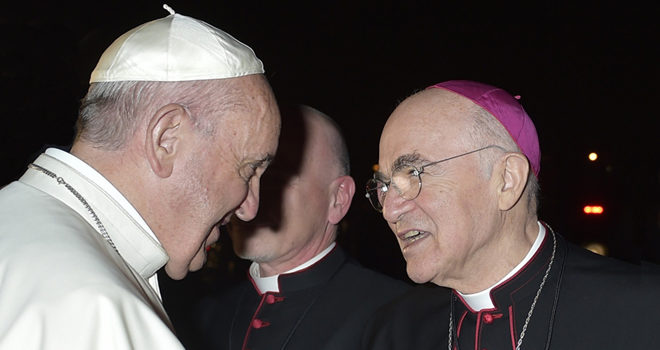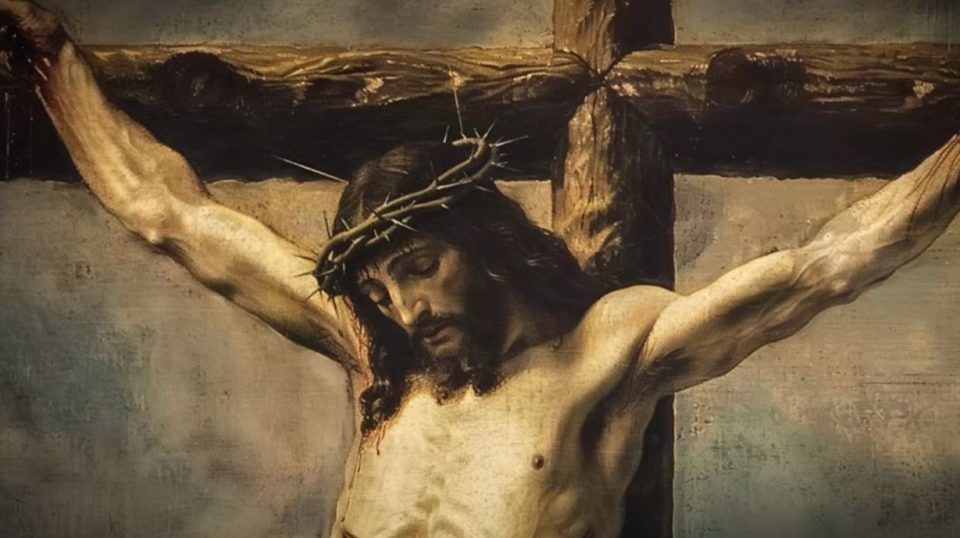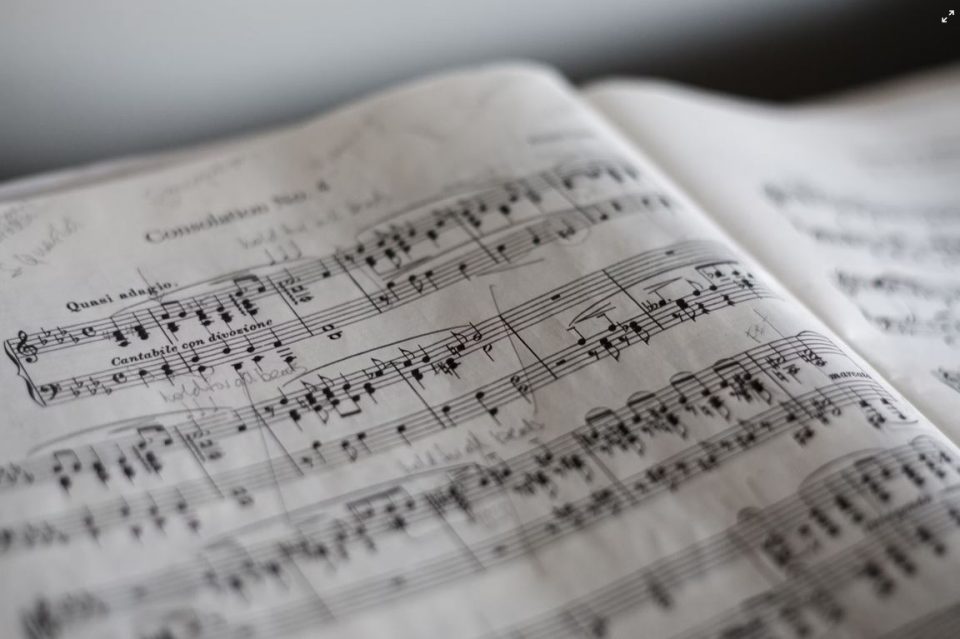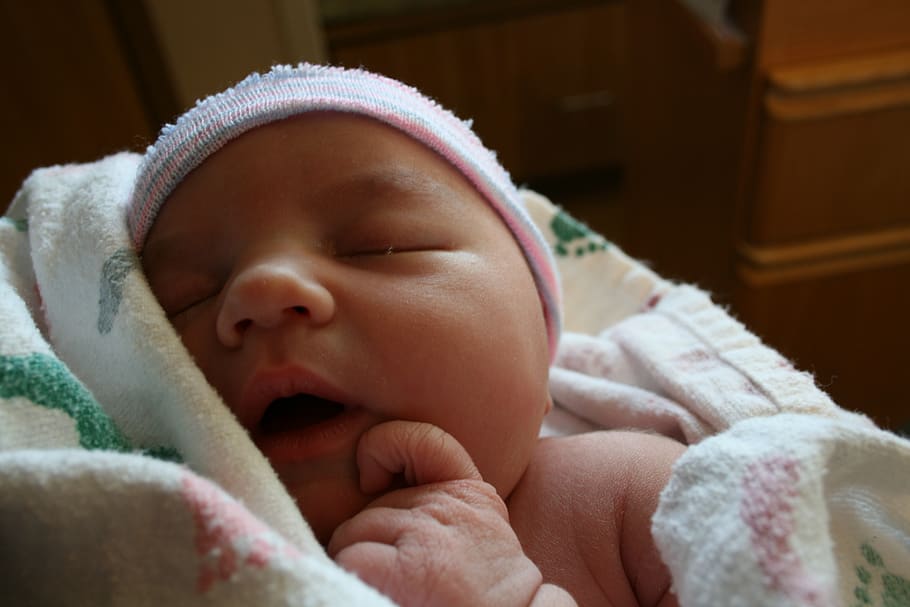US Attorney for DC Announces Federal Hotline for Victims of Clergy Sex Abuse
October 24, 2018Fr. Edward Looney: What Children Teach Us About Our Relationship with God
October 24, 2018
By Scott P. Richert, Crisis Magazine, October 24, 2018
 In recent decades, the whistleblower has occupied a prominent yet uncertain place in American culture. Sometimes, he is greeted as a hero, and his story becomes the stuff of legend, recounted in books and Dateline NBC episodes and blockbuster Hollywood movies. At other times, depending on whose eardrum gets pierced by his whistle, he is reviled and subjected to whisper campaigns or public character assassination. Of course, one man’s whistleblowing hero may be another man’s scoundrel. And depending on how many secrets he reveals and the length of time over which he reveals them, he may even, like Edward Snowden, find himself praised by some and condemned by others, only to see those roles reversed when he divulges a different set of secrets later.
In recent decades, the whistleblower has occupied a prominent yet uncertain place in American culture. Sometimes, he is greeted as a hero, and his story becomes the stuff of legend, recounted in books and Dateline NBC episodes and blockbuster Hollywood movies. At other times, depending on whose eardrum gets pierced by his whistle, he is reviled and subjected to whisper campaigns or public character assassination. Of course, one man’s whistleblowing hero may be another man’s scoundrel. And depending on how many secrets he reveals and the length of time over which he reveals them, he may even, like Edward Snowden, find himself praised by some and condemned by others, only to see those roles reversed when he divulges a different set of secrets later.
The American attitude toward the whistleblower is largely a reflection of our national tendency to conform our principles to our politics, rather than the other way around. For two centuries, this was commonly seen as an admirable quality of the American character, a particular pragmatism that earned the label of the “American Genius.” In recent decades, however, some have begun to see it for what it really is—a fundamental lack of regard for the truth—and to call it by less praiseworthy, though more accurate, names: chauvinism, partisanship, ideology…..Read entire article at:  crisismagazine.com/2018/the-people-who-walked-in-darkness
crisismagazine.com/2018/the-people-who-walked-in-darkness







